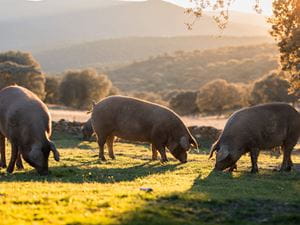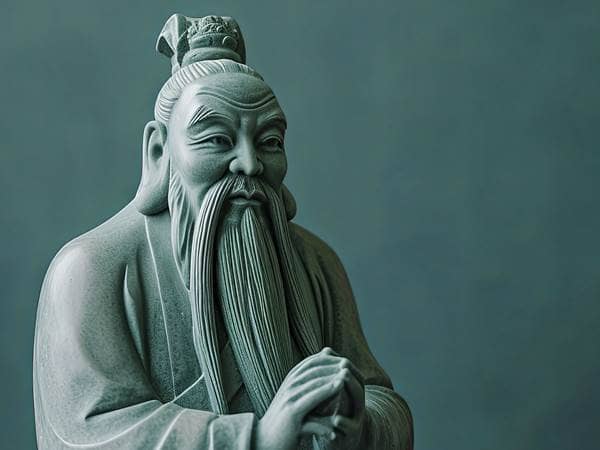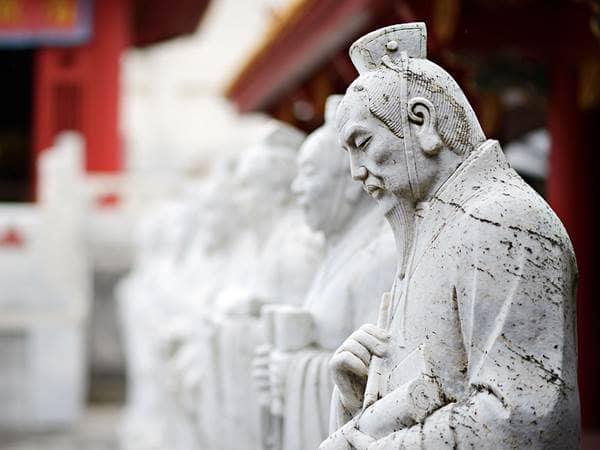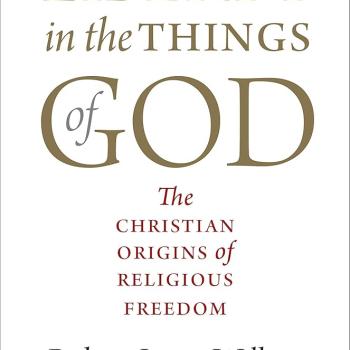
The Baháʼí faith is a mid-nineteenth century break off of the Shia Islamic tradition and, consequently, it shares a number of practices (and even a few beliefs) with Islam. However, many of these two traditions’ doctrines, rituals, and practices are quite different from each other.
Nonetheless, because the Baháʼí faith began in Iran (in 1863), was founded by a former Muslim (Baháʼu'lláh), and continues to exist today in regions heavily populated by Muslims (e.g., Indonesia, Iran, Israel, etc.), some erroneously assume that the Baháʼí religion is somehow attached to, or is a denomination of, Islam.
As it relates to dietary practices, many will be aware that, as in Judaism, Islam also forbids the consumption of pork. In both the Hebrew Bible and the Qur’an, the God of the Abrahamic traditions forbade His people (the Jews and Muslims) from consuming the flesh of pigs.
Indeed, in the Qur’an, Allah indicates that He was taking the law He had formerly given the Jews and commanding a lesser version of it for Muslims. Thus, the Jewish law clearly influenced the much later Islamic law—which makes sense owing to the fact that Islam teaches that the prophets of the Hebrew Bible were all Muslims.
Thus, it is understandable that the Jewish dietary law would serve a model for Muslims and their dietary code. However, to the surprise of some, despite its former connections to Islam and (according to its own beliefs) even Judaism, the Baháʼí tradition has not inherited this prohibition against pork.
While its practitioners are commanded to abstain from alcohol, recreational drugs, and essentially any significantly “mind-altering” substances (except as prescribed by a licensed medical professional), in the Baháʼí faith, there I no prohibition against specific meats—pork or otherwise.
Baháʼí are commanded in their scriptures to only eat that which is “clean.”
However, that has not been interpreted as a reference to “kosher” or “halal” foods. Indeed, other than mind-altering substances, Baháʼí does not have specific dietary restrictions.
Unquestionably, both Baháʼu'lláh (the founder of the faith) and ‘Abdu’l-Bahá (the son of Baháʼu'lláh and the second leader of Baháʼí) taught that practitioners of the faith should seek a healthy died as a means of respecting the body and preventing disease.
Additionally, ‘Abdu’l-Bahá taught that (at some point in the future) a vegetarian died would be adopted by most, though that day has yet to arrive. Nevertheless, neither of these foundational figures—Baháʼu'lláh or ‘Abdu’l-Bahá—saw pork as problematic in living a “clean” and “healthy” lifestyle. As a consequence, practitioners of the Baháʼí faith are free to eat pork if they wish.
5/3/2024 5:44:56 PM

















